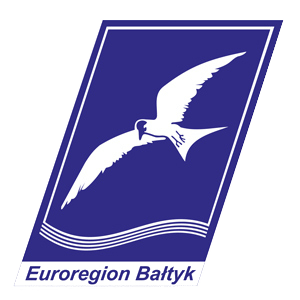Informacje z Euroregionu Bałtyk
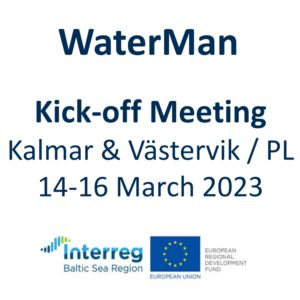
WaterMantl-ne News Projects WaterMan English pll_641d7d7f80683 WaterMan
WaterMan kick off - Kalmar and Västervik
The WaterMan project started in January this year and will run for three years with 16 full partners from 6 different countries (SE, DK, DE, PL, LT, LV, EE). The project itself aims to promote water reuse in the Baltic Sea region. It adds a new element to water management that can make the water supply more resilient to climate change. The key players in water reuse are local authorities and water companies, most of whom are still new to the topic.
One of the first activities of the WaterMan project was the kick-off conference in Kalmar and Västervik, which took place on March 14-16, 2023.
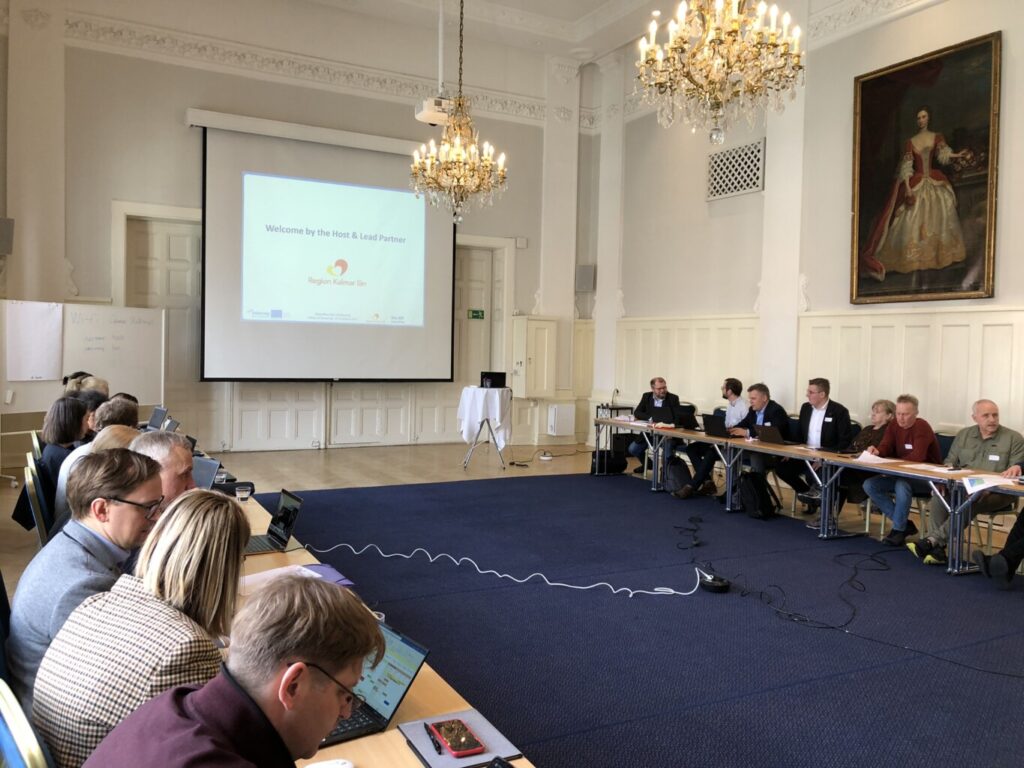
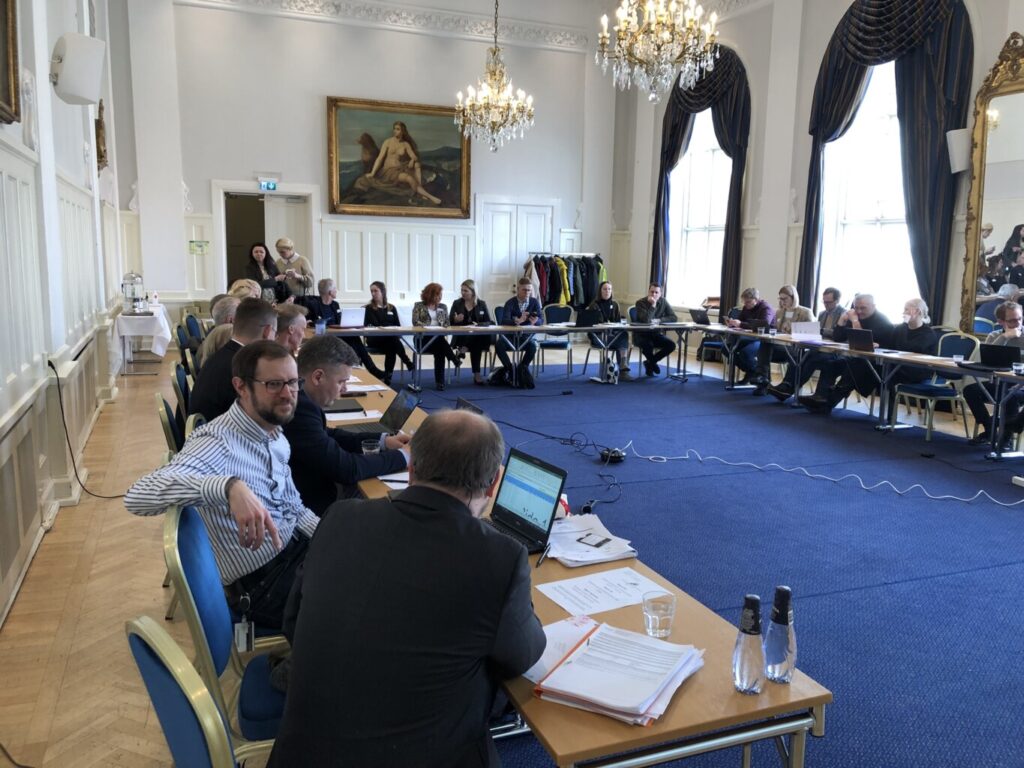
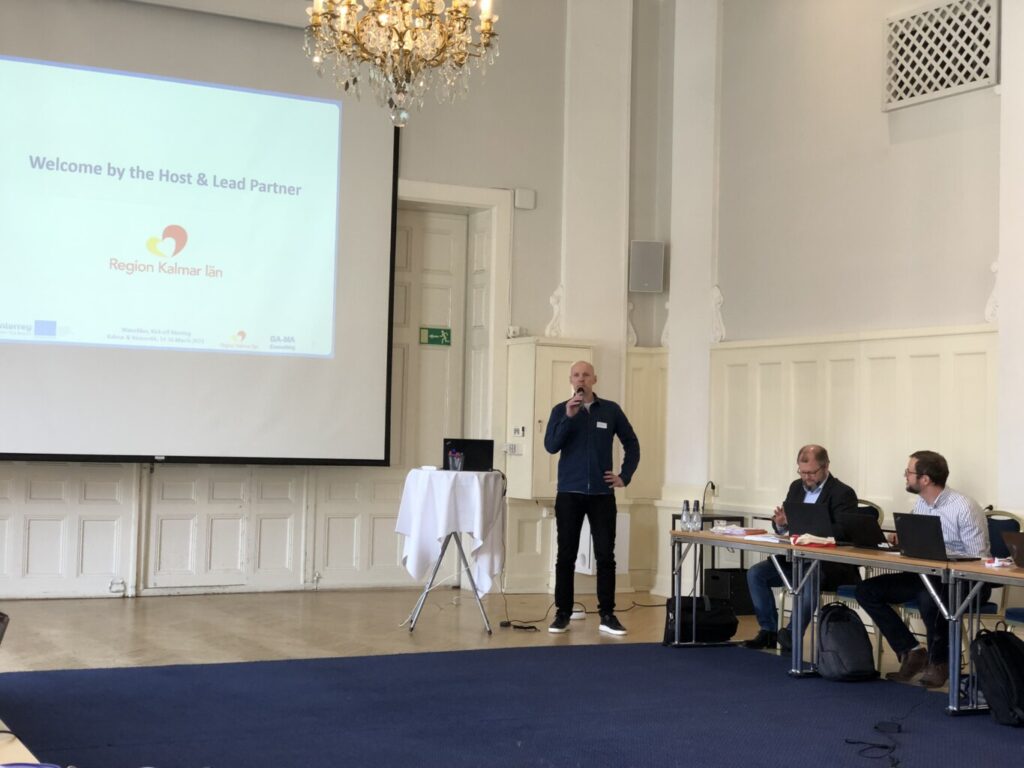
Participants of the project conference were welcomed by a representative of Kalmar County and GA-MA consulting. Except of discussing the basic issues related to the project, each of the partners presented themselves and their involvement in the project. ![]()
![]()
![]()
![]()
![]()
![]()
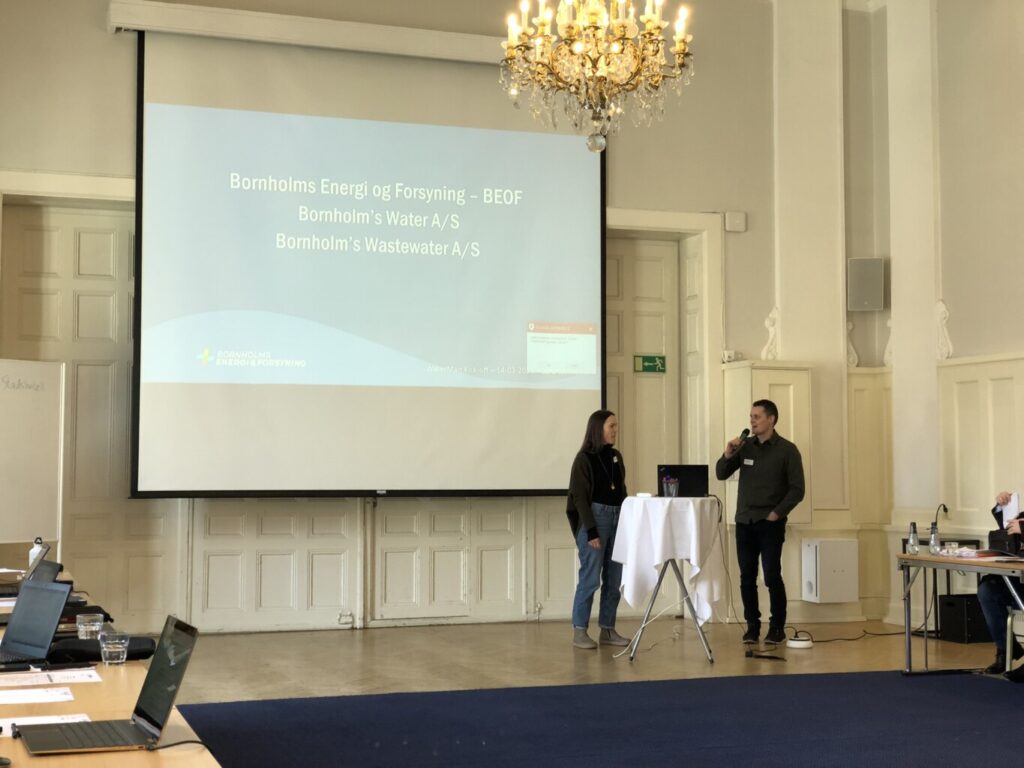
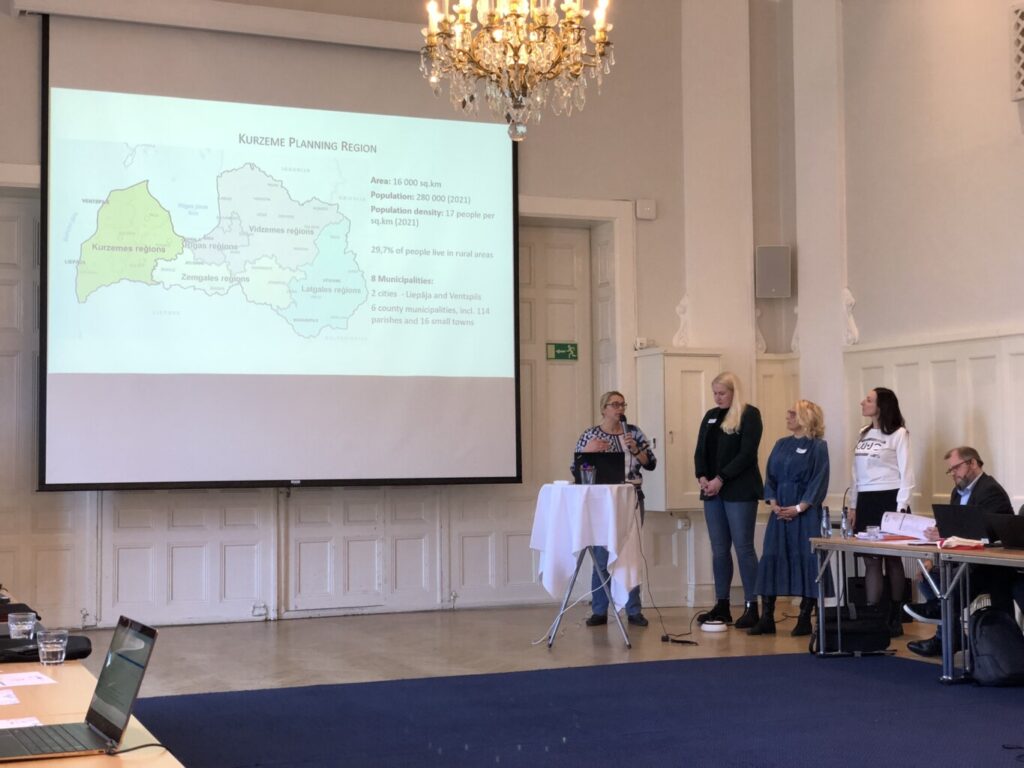
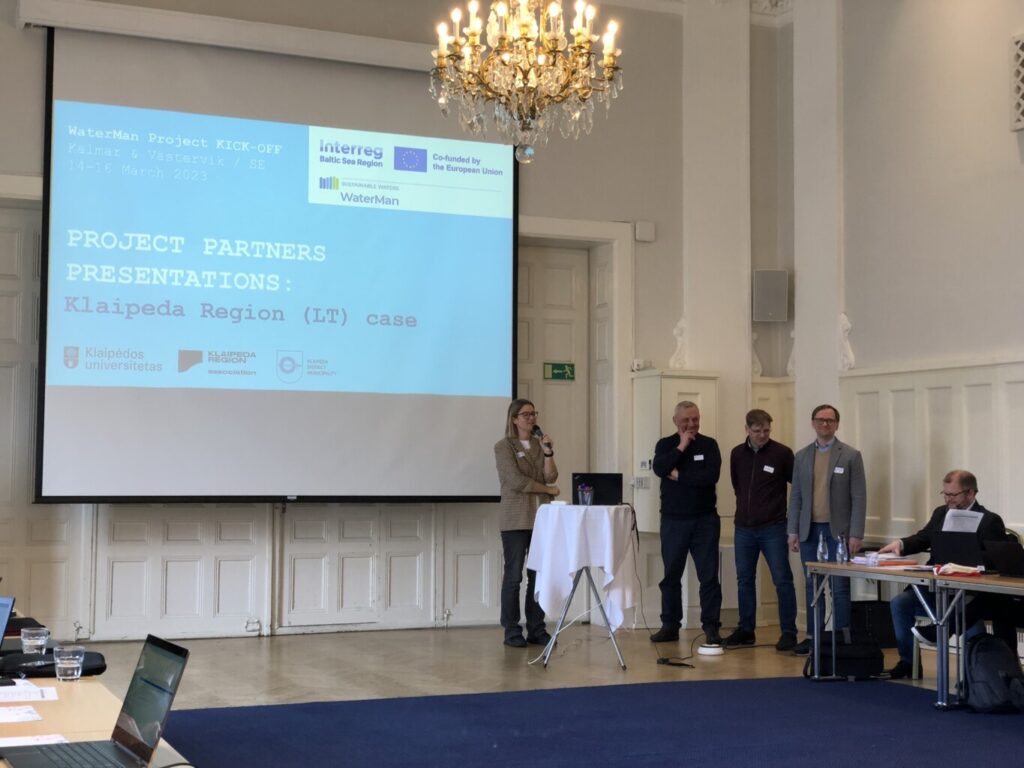
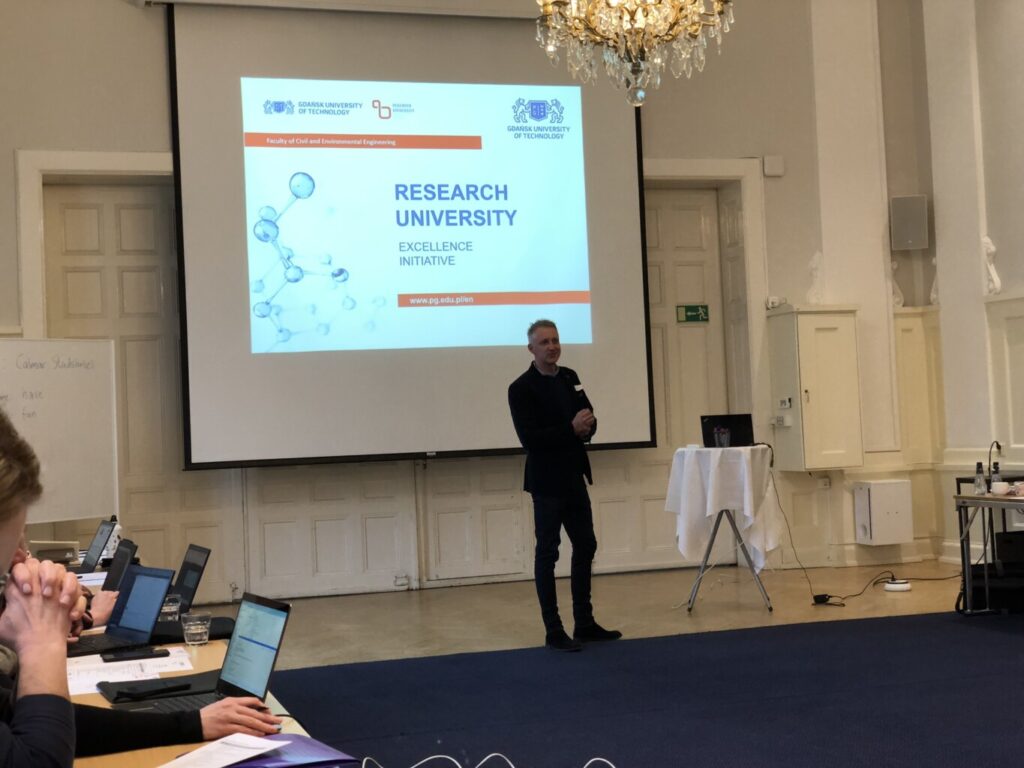
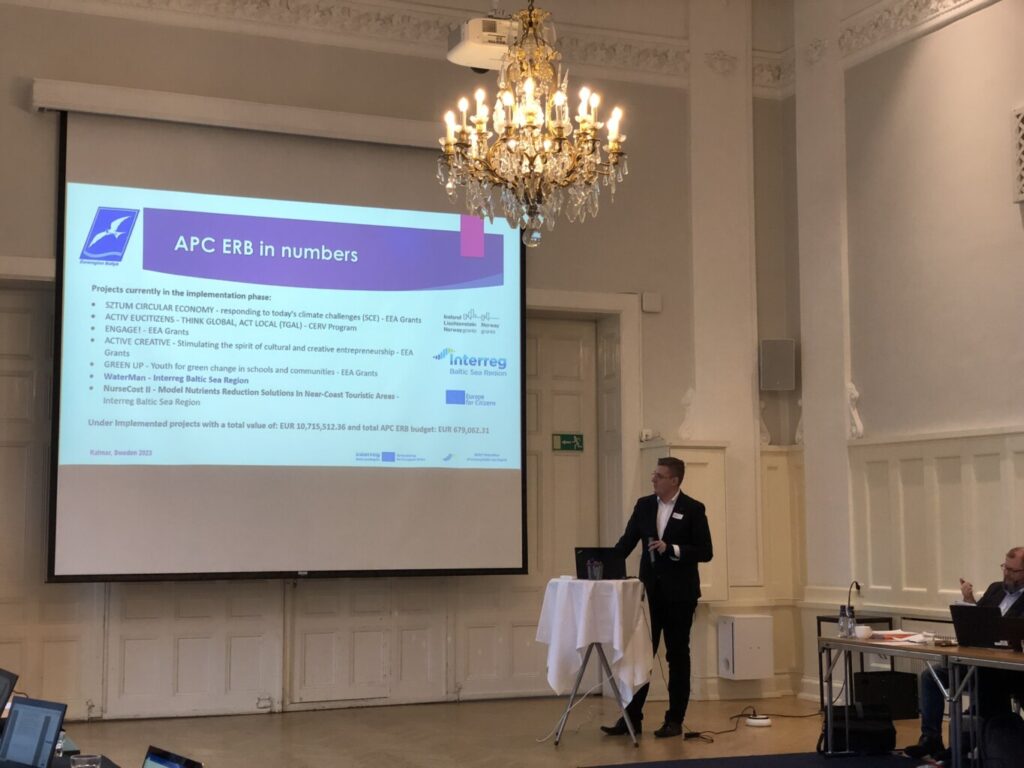
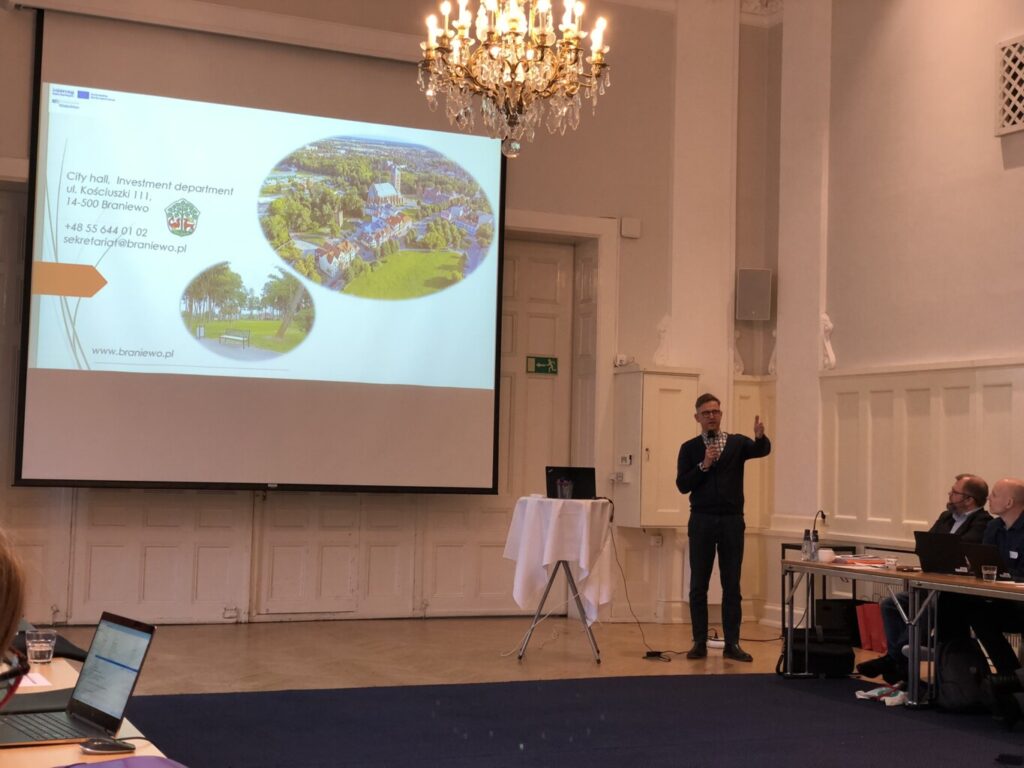
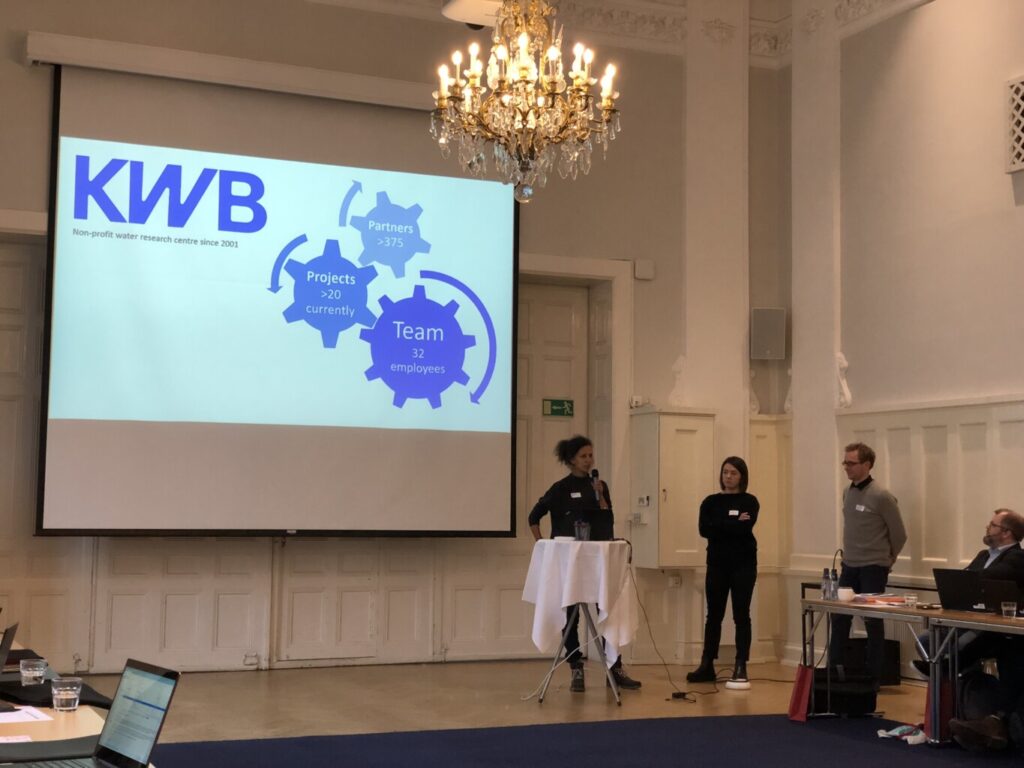
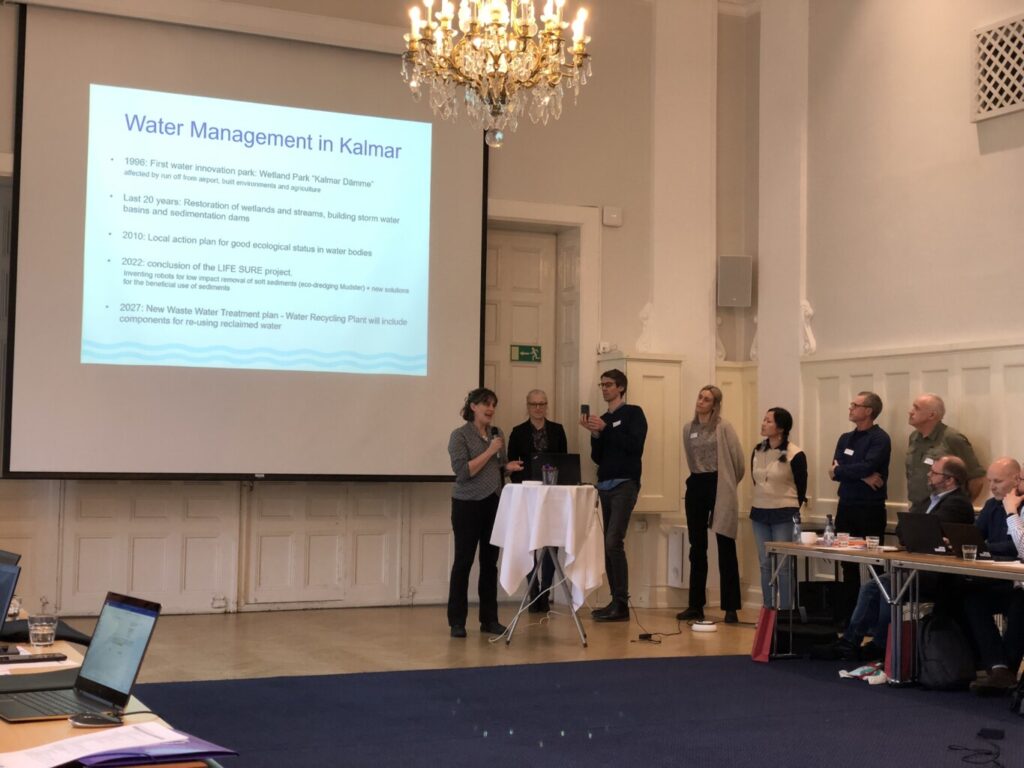
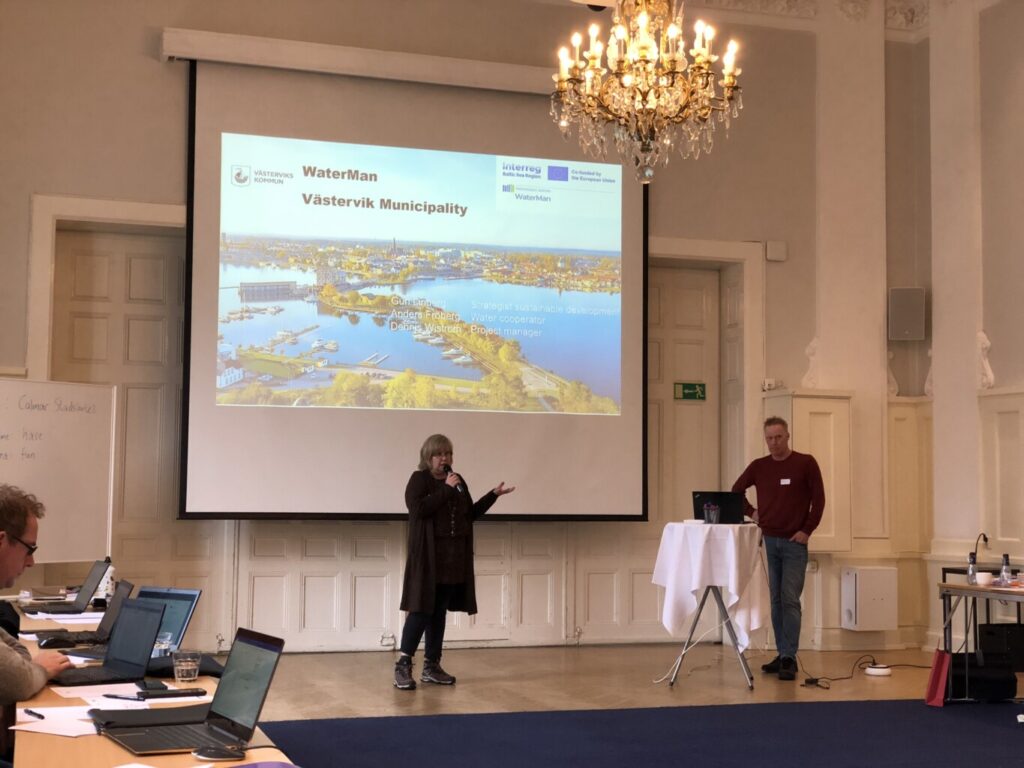
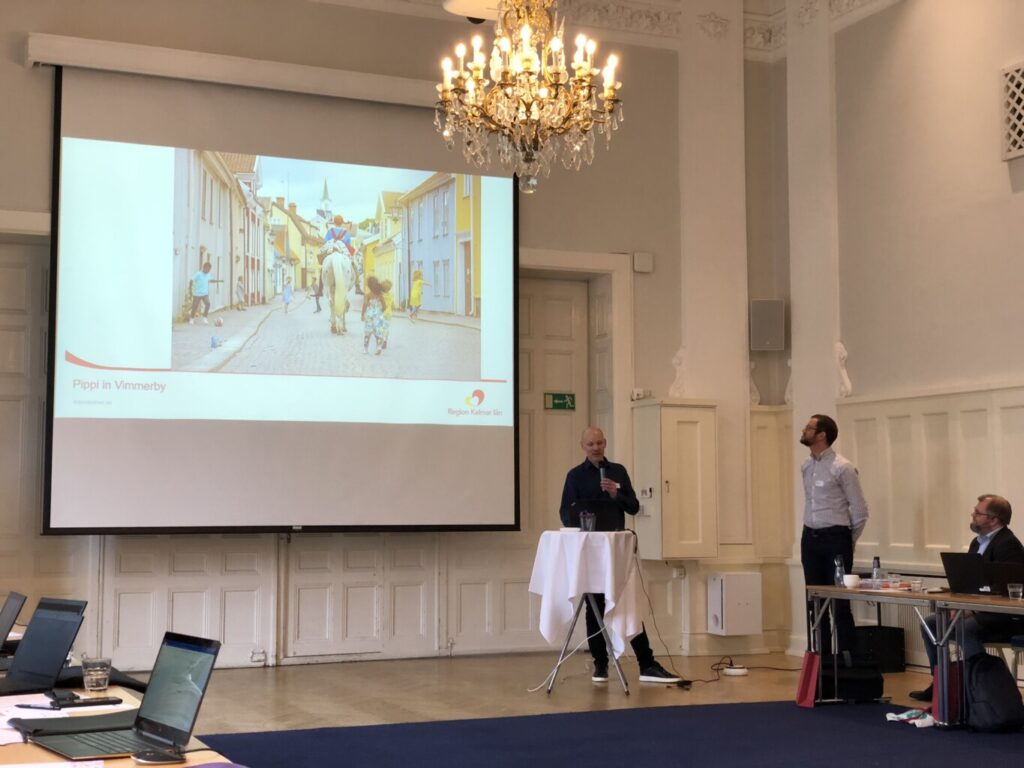
The second day of the conference was dedicated to pilot activities. Participants had the opportunity to participate in a study visit in Gamleby and Västervik, where they saw the pilot sites in Sweden and the current solutions regarding flooding and drought. In pilot locations, representatives of the cities told us about the place and the idea for action. A representative of Gamleby talked about the existing 1st generation dam, its concept, experience and the use of retained water. As part of the pilot of the WaterMan project, they want to recirculate retained water by extending the use of retained stormwater from multi-dam. In the second town of Västervik, the participants got to know the plans and challenge the city is facing. With the opportunity to test a pilot solution, they want to recirculate retained water by planning 2nd generation multi-dam(s) and preparing a local model water reuse strategy.
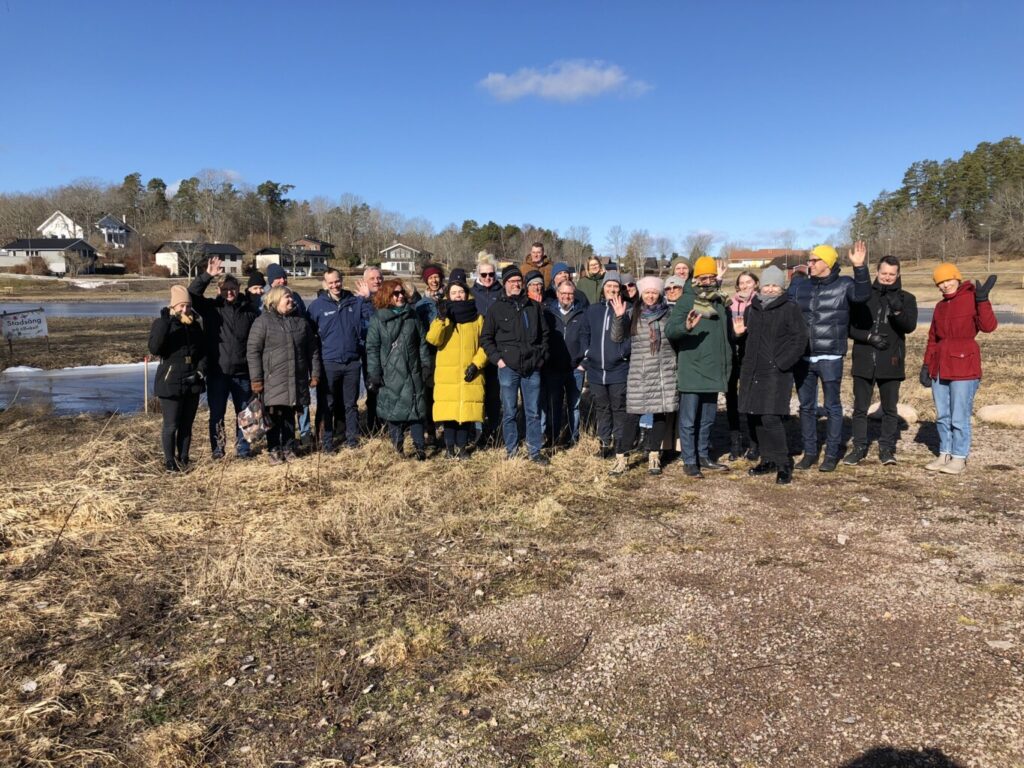
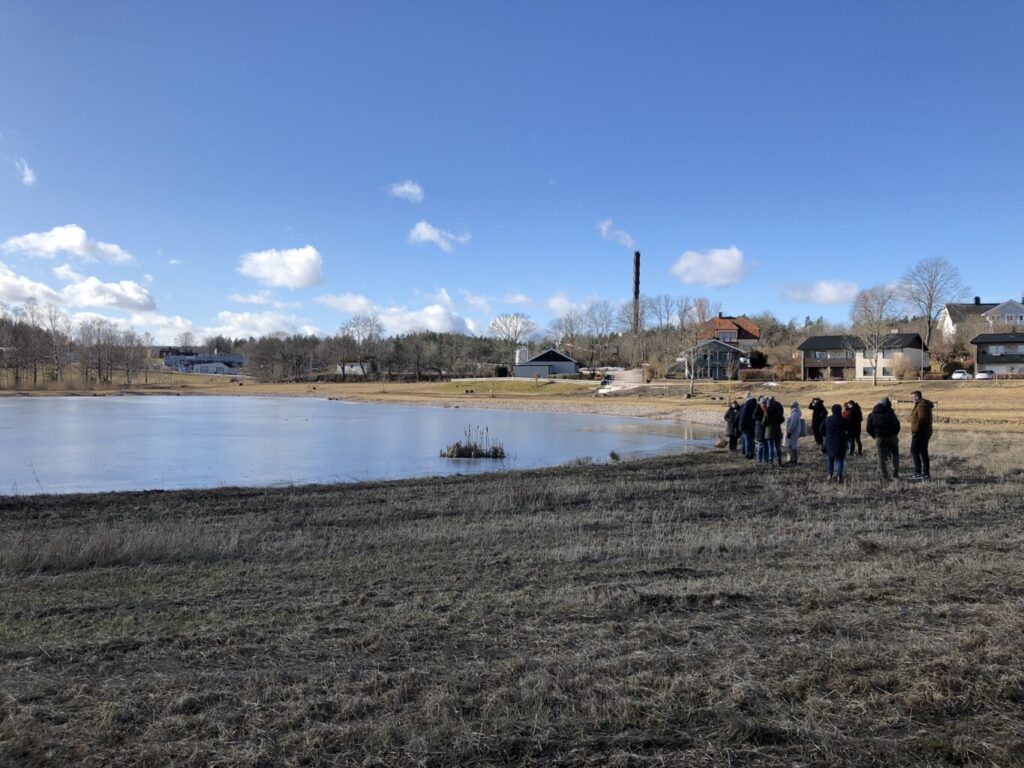
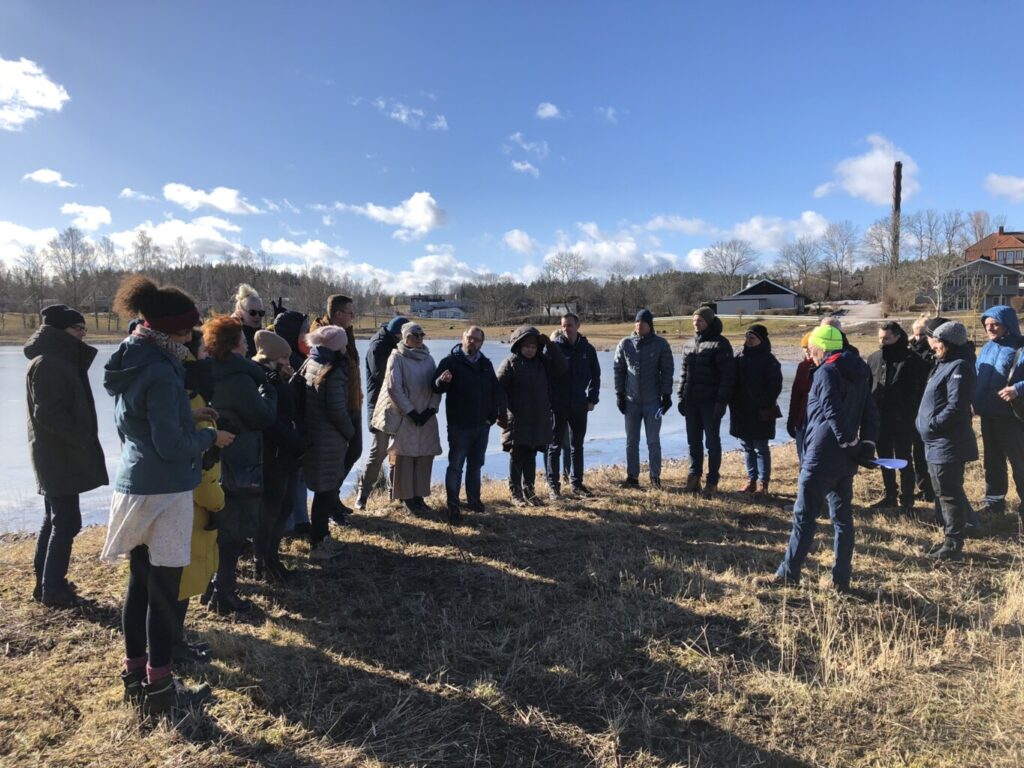
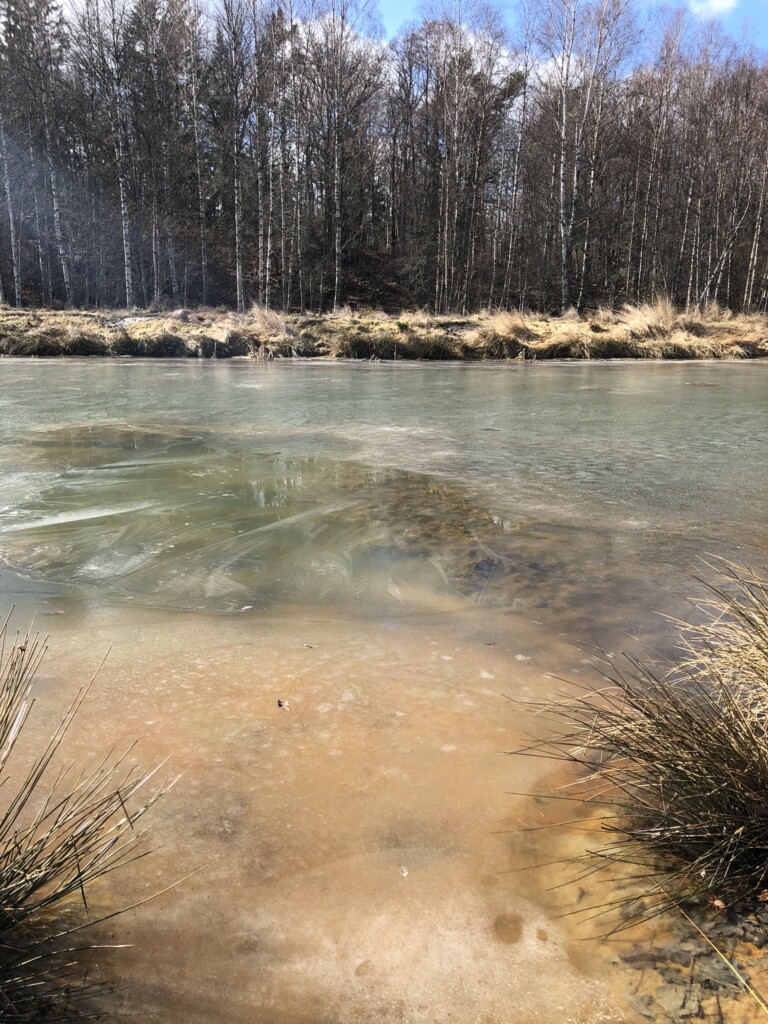
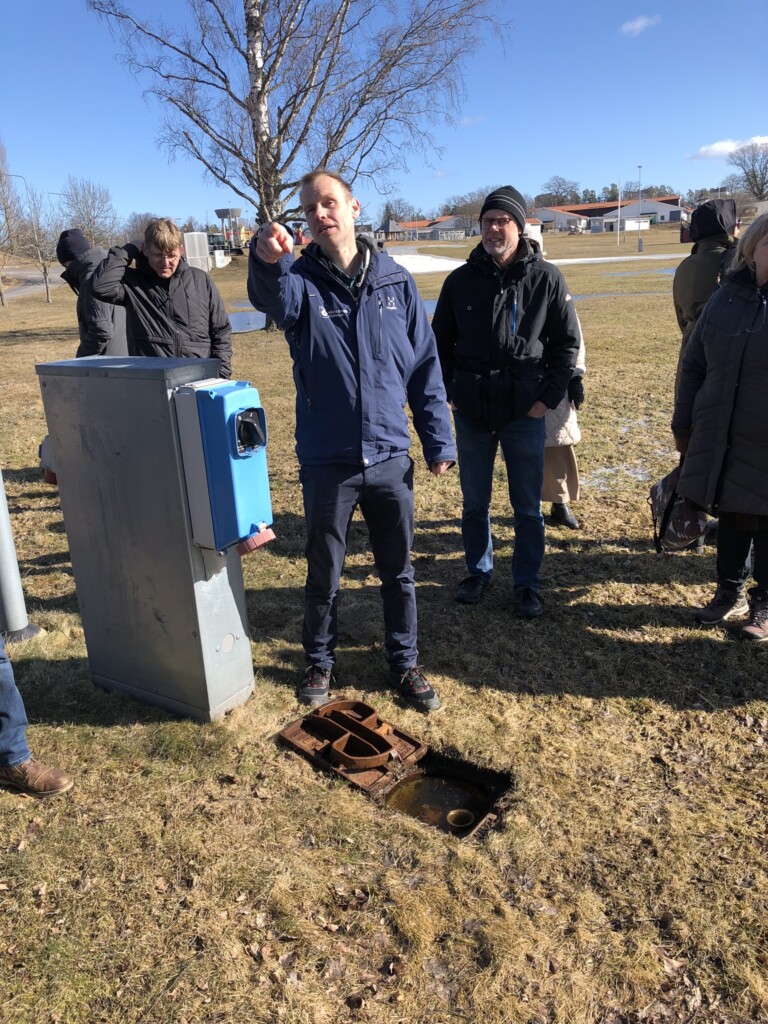
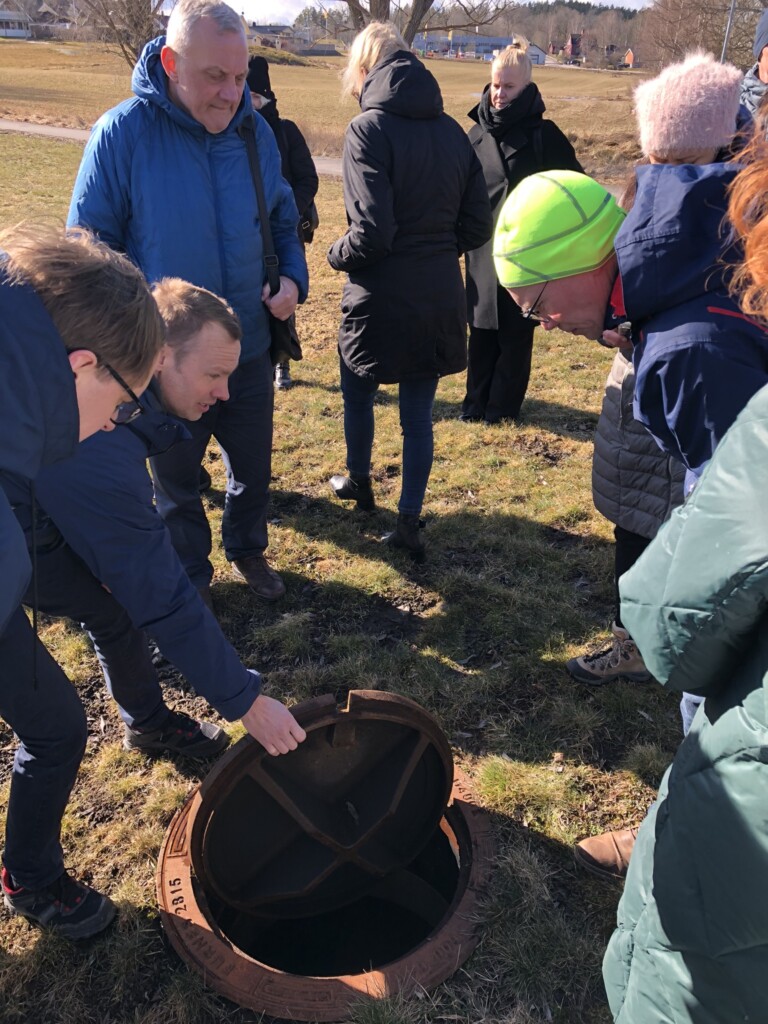
The meeting was attended by a large representation from Poland, i.e. the City Hall in Braniewo, the Gdańsk University of Technology and the Association of Polish Communes Euroregion Baltic. The project includes both soft and pilot actions. One of such pilot sites will be in the City of Braniewo, which, with the cooperation and support of experts from the Gdańsk University of Technology, will implement the planned pilot project on the recirculation of retained water: in the form of an urban rain garden by a public swimming pool, reuse of water from a public swimming pool. In addition, a local model strategy will be prepared: Municipal water re-use strategy.
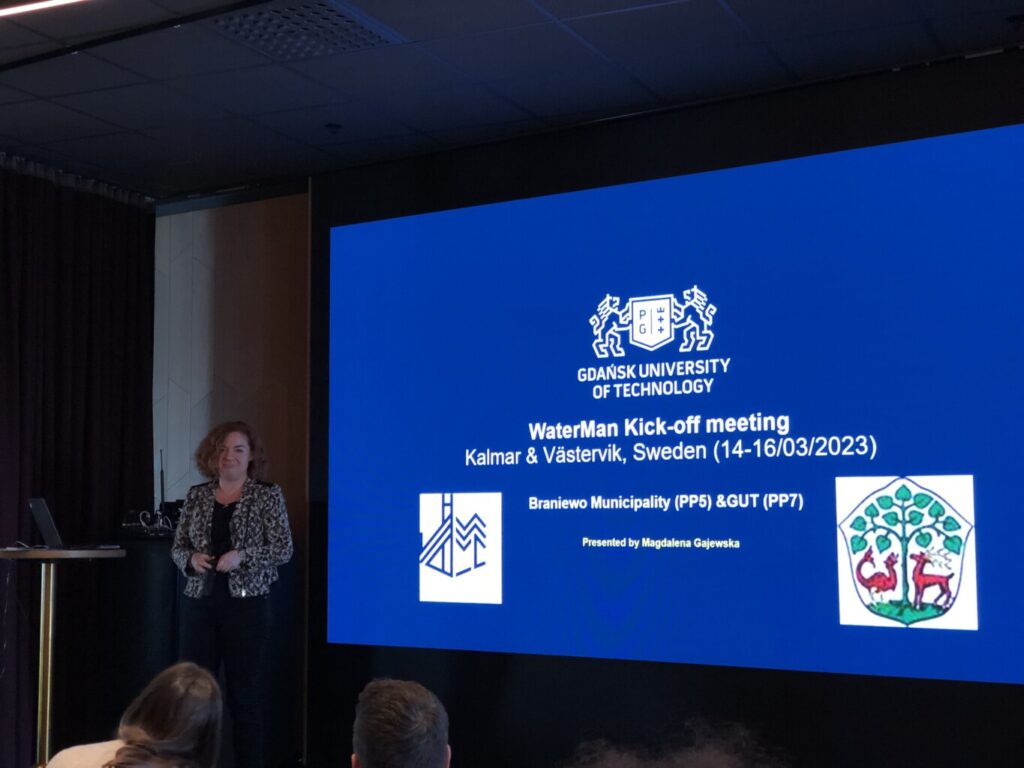
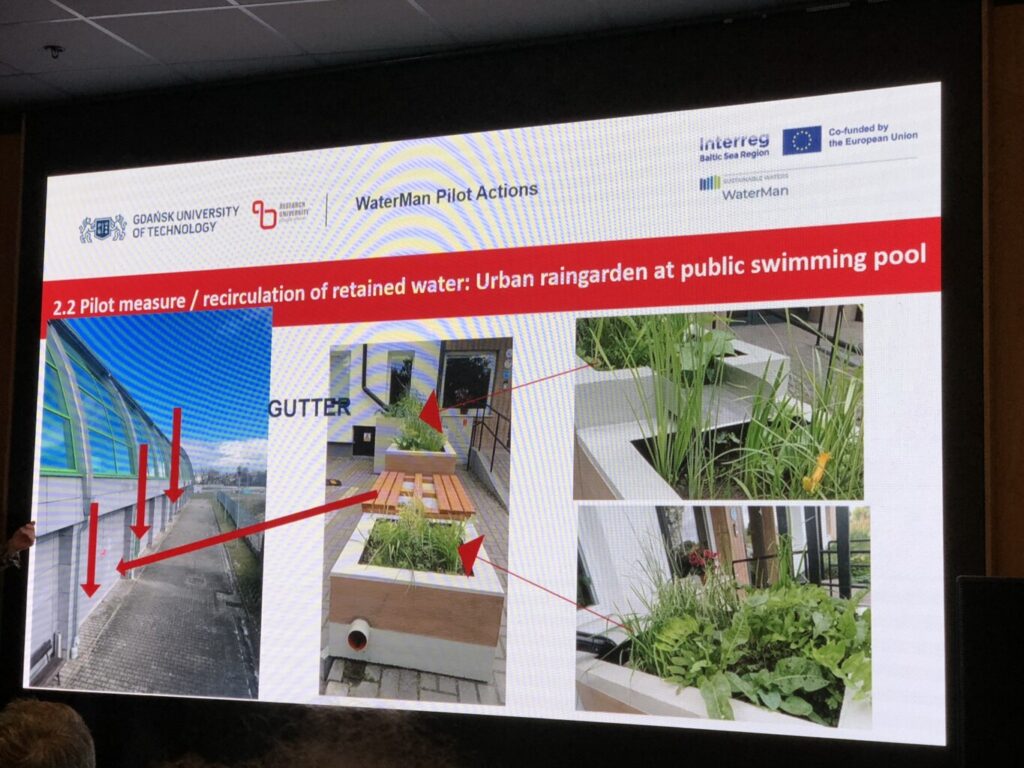
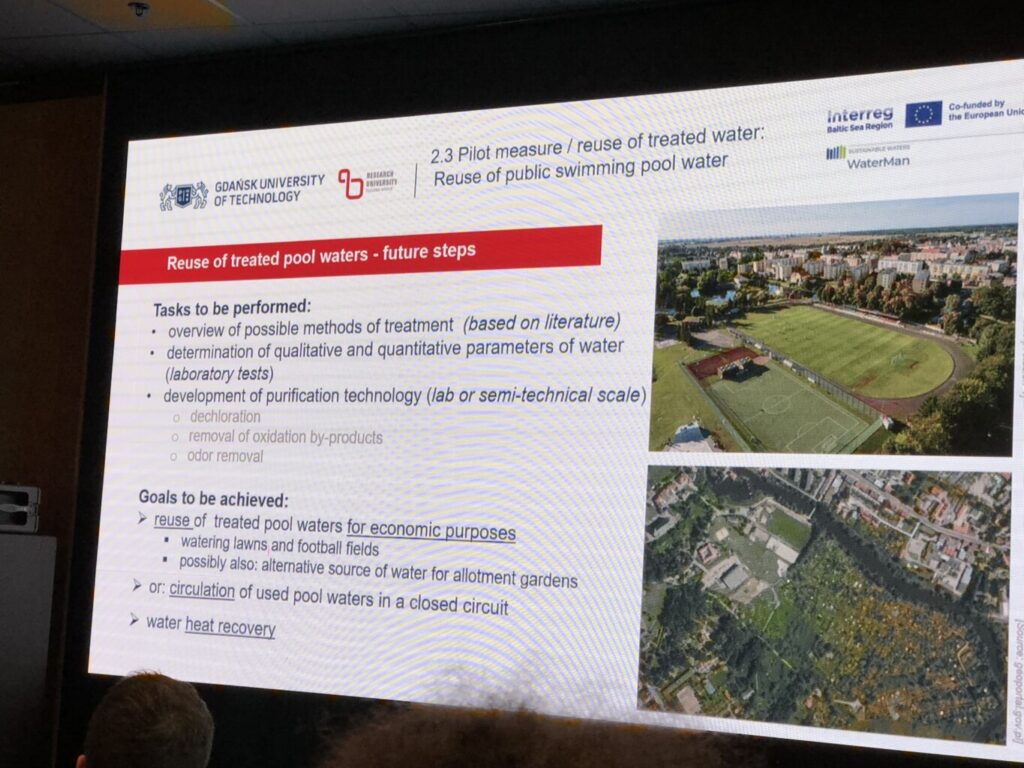
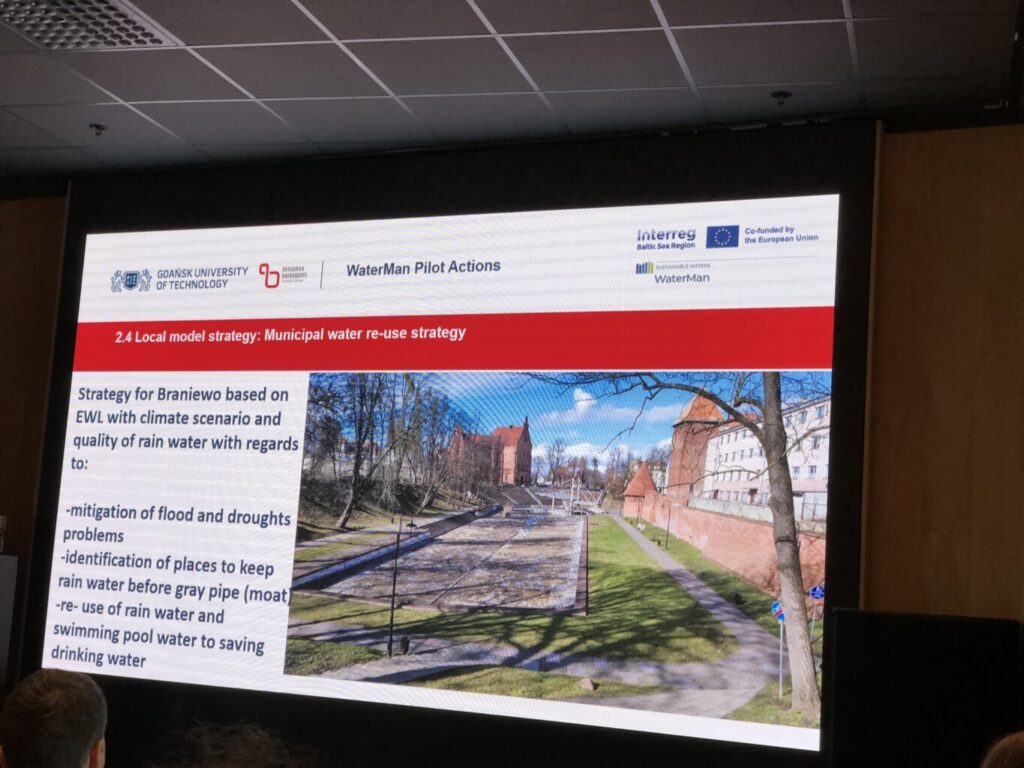
Additionally, pilot projects will be implemented in Lithuania, Latvia, Denmark, Germany and Sweden. All activities concern the subject of limiting the use of water in the Baltic Sea region. Example of pilot sites:
- Recirculation of retained water: Storm water retention ponds in public areas,
- Recirculation of retained water: Underground rain water retention reservoir,
- Reuse of treated water: Reuse of WWTP water for hydrogen electrolysis power plant,
- Recirculation of retained water: Improved purification of WWTP effluent for agricultural irrigation,
- Large-scale reuse of water from wastewater treatment plants/adequate treatment for industrial and commercial purposes,
- Mobile system for disinfection of treated sewage,
- Dual pipe system in a public building.
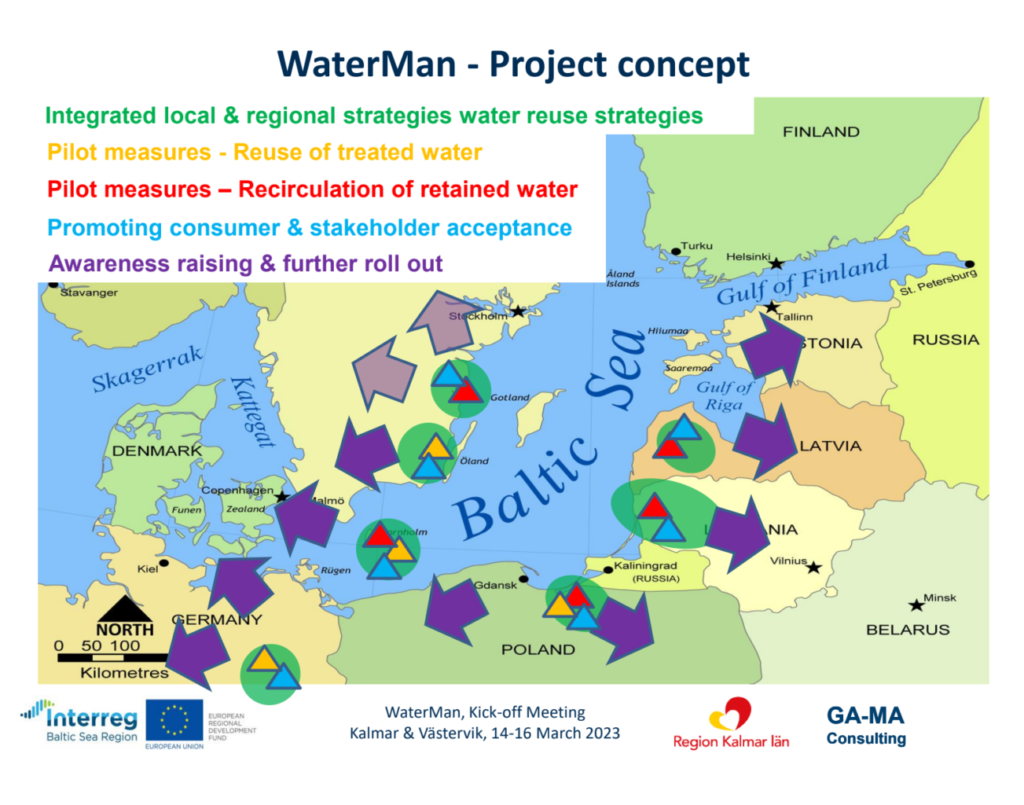
Except of pilot activities, the project will be based on soft activities such as:
- study visits,
- international conferences,
- workshops,
- round tables,
- data analysis,
- creating models of water use strategies,
- organization of awareness-raising and knowledge-extending events,
- partner consultations,
- promotion of activities and the project.
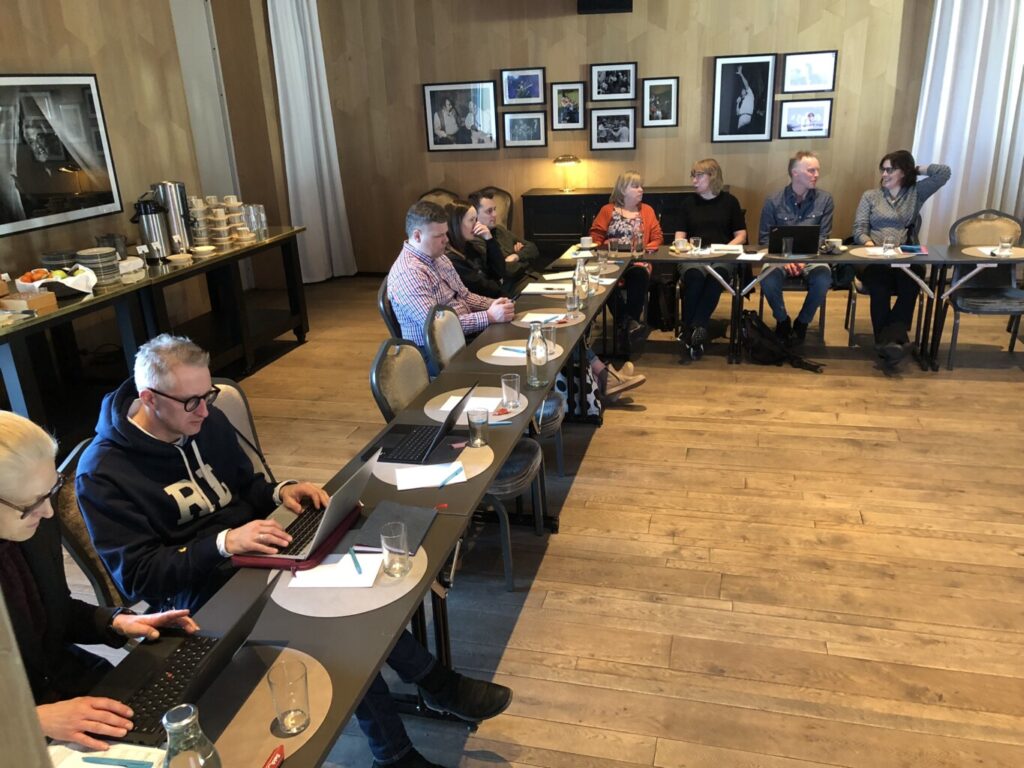
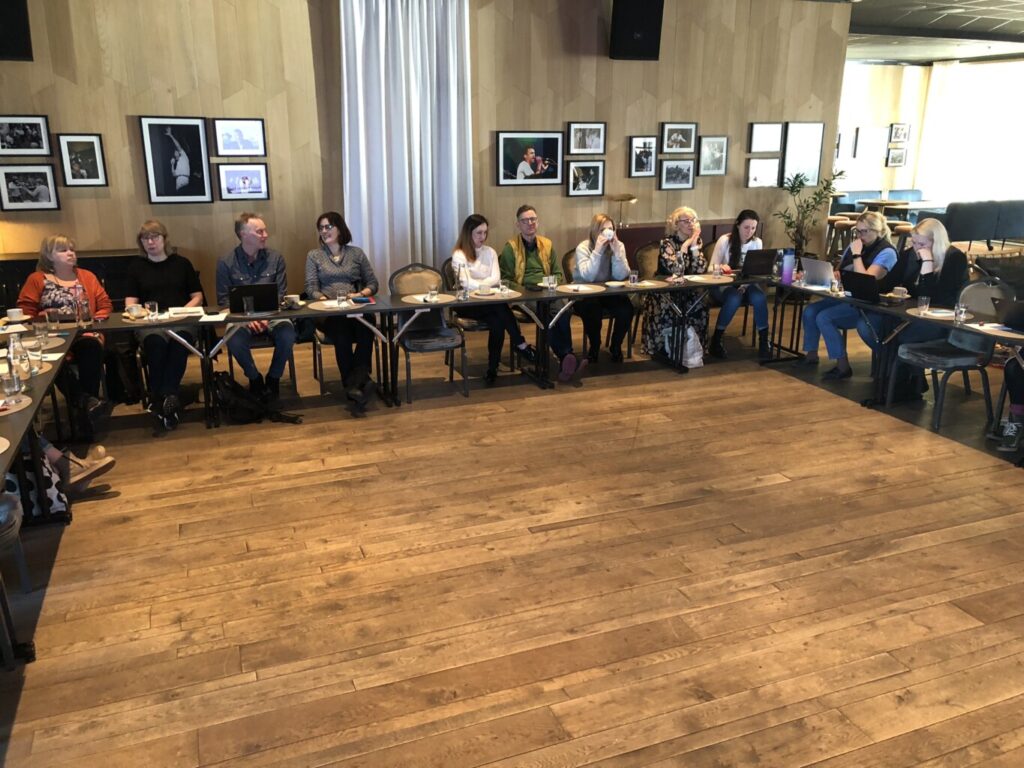
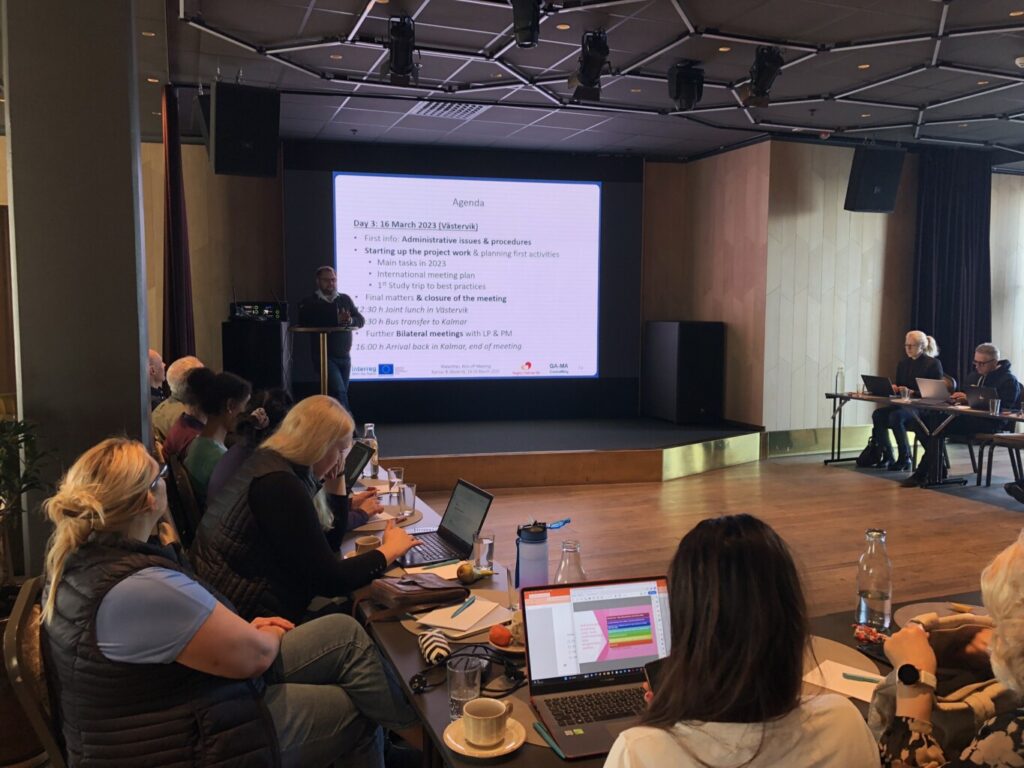
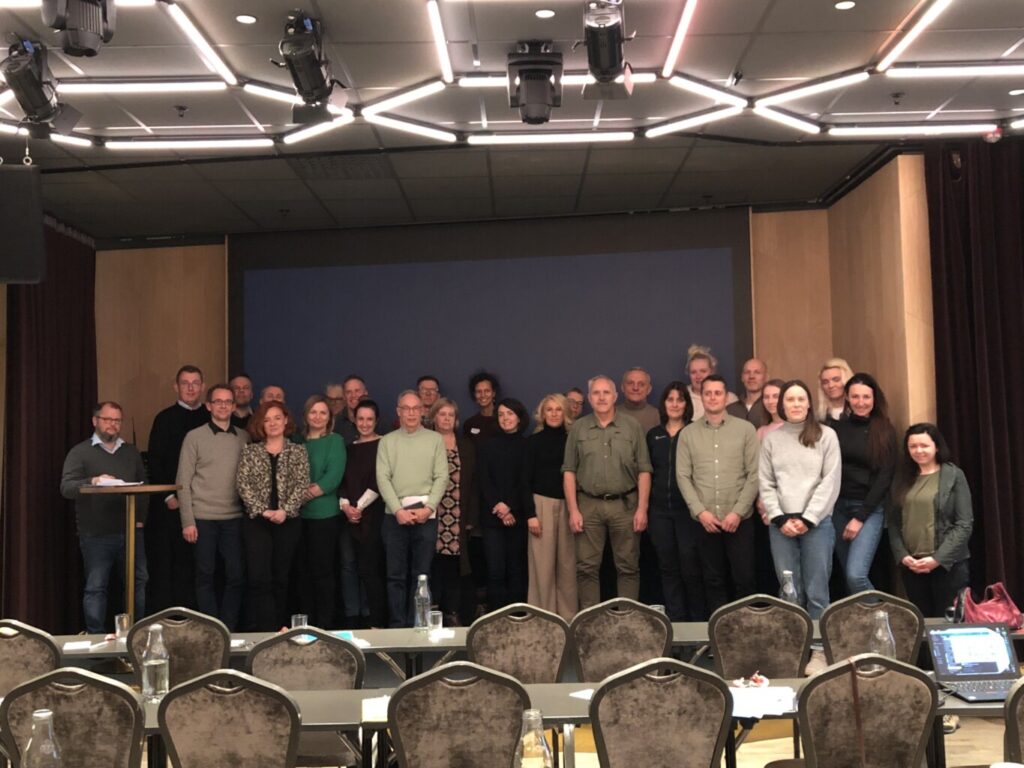
The last day of the kick-off conference was devoted to the administrative and financial part of the project. The Leader Partner familiarized the partners with the procedures, rules and deadlines that are in the program. The leader and partners agreed on an action plan for this year, including another physical meeting and further online meetings. The last issue raised during the third day was the signing of the Partnership Agreement and the deadlines that partners must pay attention to when it comes to reporting substantive and financial activities.
